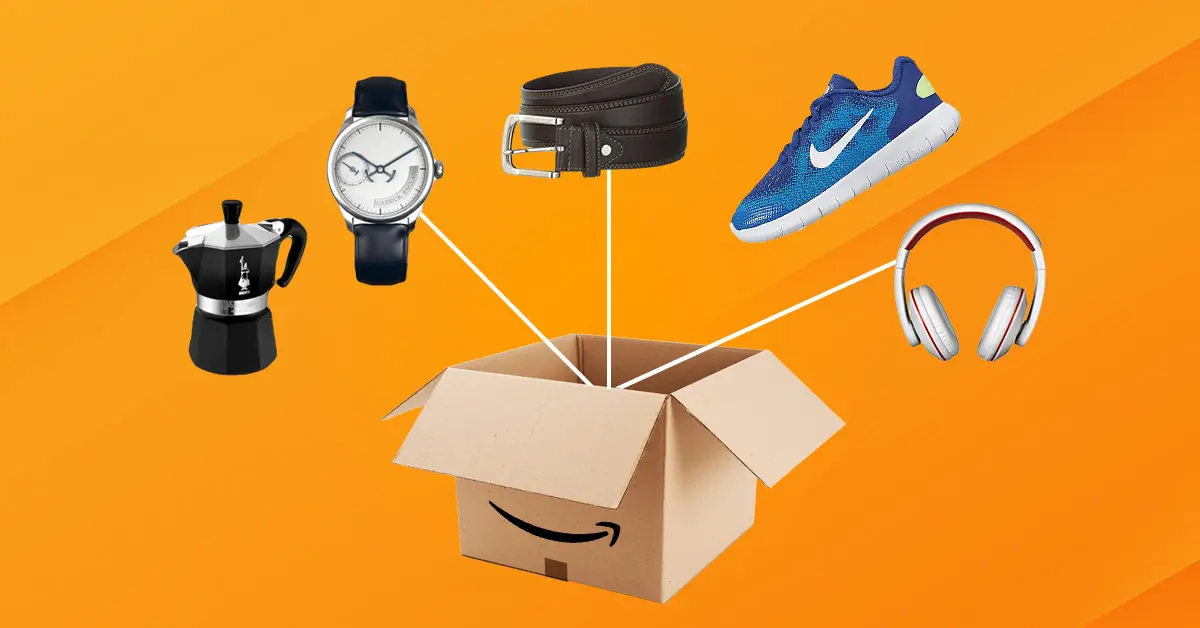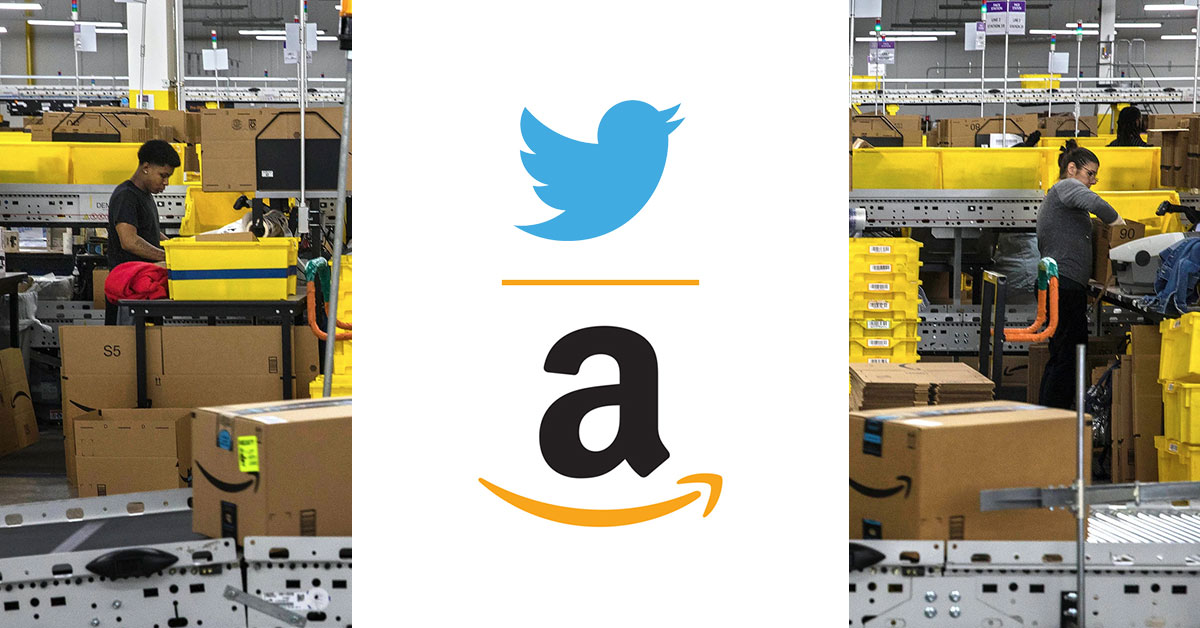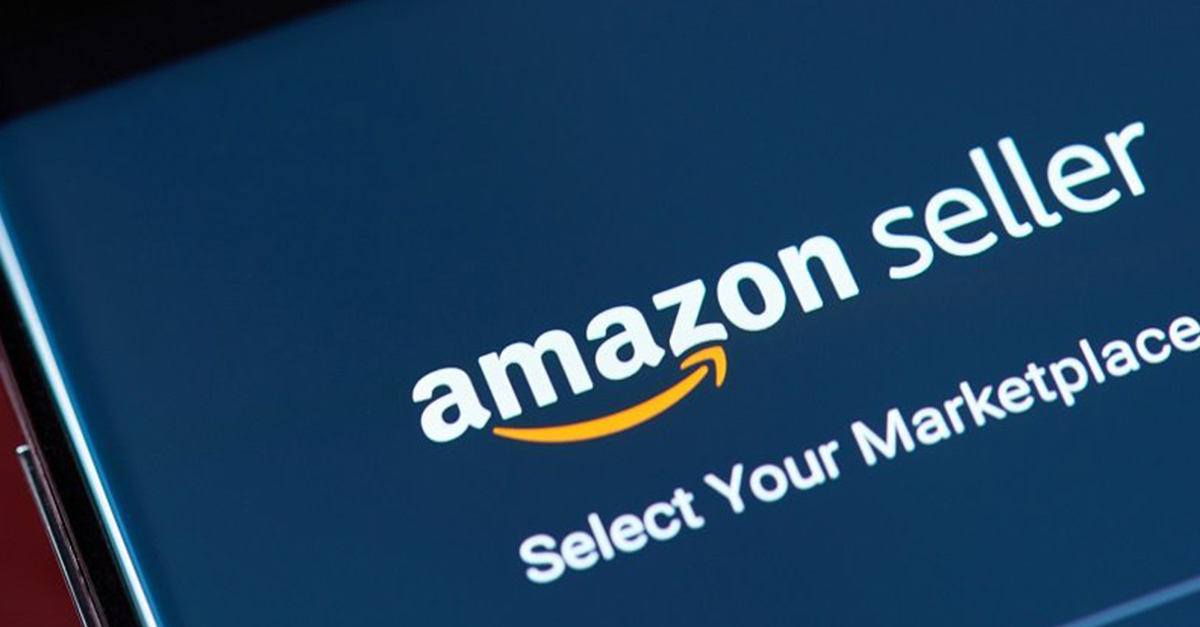The FTC is interviewing Amazon sellers as part of antitrust probe
Antitrust officials have begun interviewing Amazon sellers to determine whether the e-commerce giant is using its market power to hurt competition.
Federal Trade Commission investigators have been conducting interviews with Amazon merchants, covering a range of topics, reports Bloomberg. All were asked what percentage of revenue their businesses derive from Amazon versus other online marketplaces like Walmart Inc. and EBay Inc. It suggests regulators are skeptical about Amazon’s claims that shoppers and suppliers have real alternatives to the Seattle-based company.
The interviews indicate the agency is in the early stages of a sweeping probe to learn how Amazon works, spot practices that break the law and identify markets dominated by the company.
The FTC is also seeking to determine the extent of Amazon’s power over its suppliers. All three merchants fielded questions on how much of their revenue comes from Amazon compared with other online platforms. Many sellers get 90% or more of their sales from Amazon, making them vulnerable to the company’s demands and abrupt, unexplained changes in its policy.
More Amazon news

Amazon Will Invest $15 Billion in Third-Party Sellers
Amazon invests in new tools to help sellers grow their businessThis year Amazon is going to invest $15 billion in new tools, services and programs designed to assist its third-party sellers.Since the start of 2019, Amazon has launched 150 tools and...

Amazon is testing a new “Top Brand” badge
What does Amazon’s “Top Brand” badge actually mean? Amazon is testing a new signifier, called “Top Brand”. But no one seems to know what, exactly, a “Top Brand” is, and Amazon won’t say. According to Business Insider, companies do not pay to receive the...

Amazon Uses a Twitter Army of Employees to Fight Criticism
Amazon 'ambassadors' defend working conditions at warehouses A group of Amazon employees known as “FC ambassadors” began tweeting again about how great it is to work at Amazon. When the ambassadors see others on social media discussing the brutal working...


